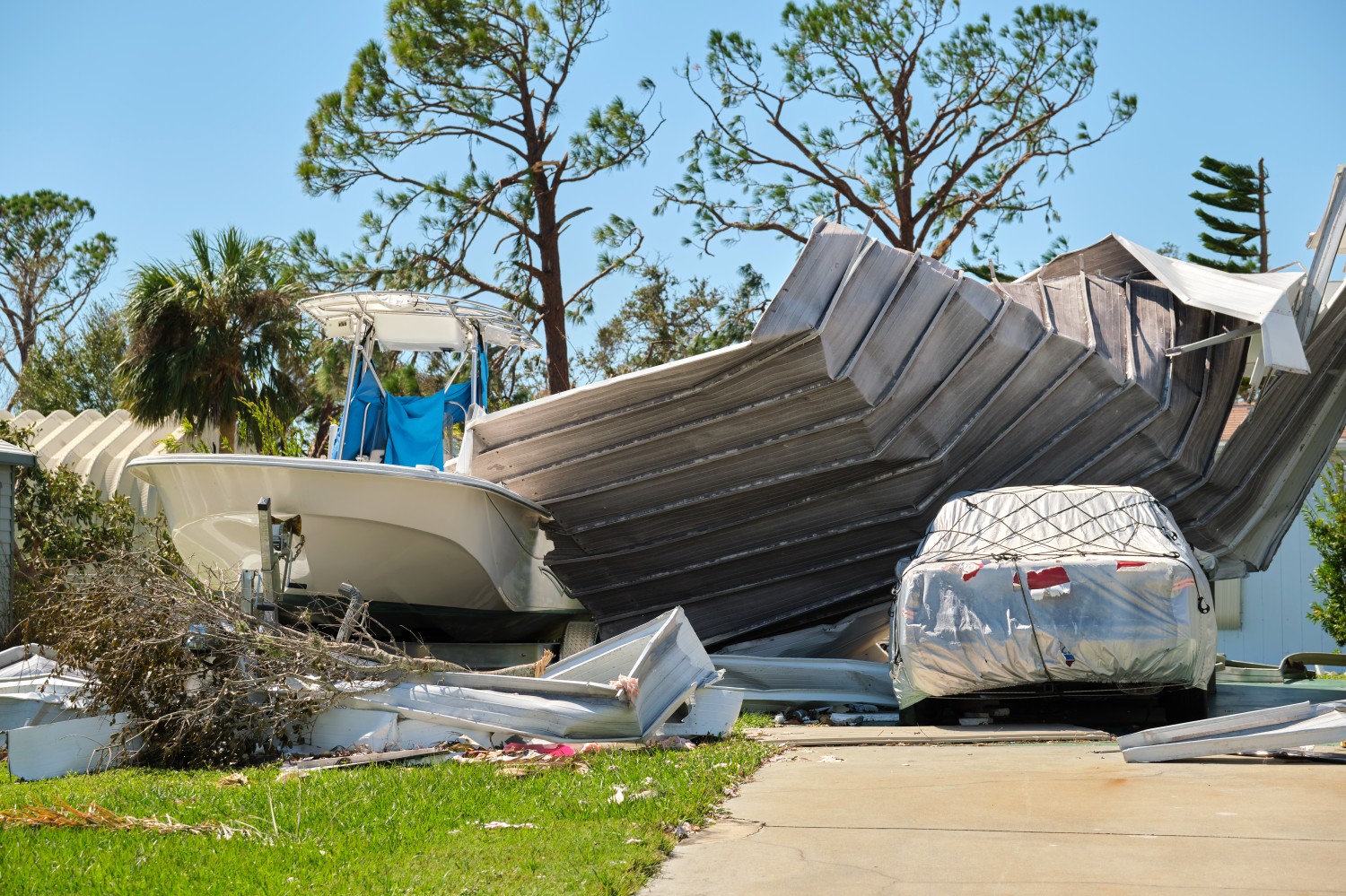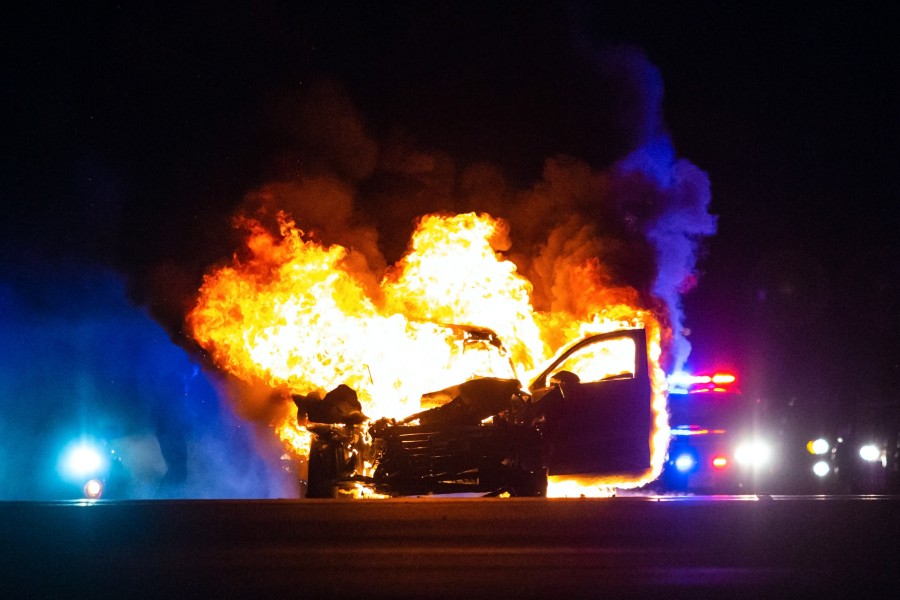
Heavy Rain, Flooding, and Chance of Severe Weather Staring Down the Southern U.S.
January 22, 2024
Posted: October 28, 2022 11:35 am





In addition to increasing amounts of mold issues and damaged crops, residents of Florida are now dealing with an emerging threat in the wake of Hurricane Ian. State officials are sounding the alarm as electric vehicles throughout the state of Florida are catching fire as a result of lithium ion battery combustion.
The batteries are catching fire as a result of the massive saltwater flooding problems that the Category 4 hurricane triggered when it hit at the end of September. The Sunshine State has over 95,000 registered electric vehicles at the end of 2021, meaning that responders trying to deal with the immense cleanup efforts after Ian are now dealing with the problem of a substantial number of vehicle fires.
Fire crews near Naples said that they responded to six electric vehicle fires in the days following Ian’s landfall. Scientists say that the lithium ion batteries are particularly vulnerable to catching fire because of the location of the cells near electrodes that contain a flammable liquid electrolyte.
The vehicles have become more likely to catch fire as they sit in storm surge or flooded waters containing salt. Tests have repeatedly demonstrated that vehicle batteries that are submerged in saltwater can create the formation of salt bridges inside the battery pack. This bridge acts as a conduit for short circuit issues and heating acceleration, leading to a higher risk of fire ignition. It is difficult to predict how long it may take for the self-heating element to potentially trigger a fire because of the great variance between batteries and vehicles.

The issue has grown into a large enough concern that Florida Sen. Rick Scott wrote a letter to U.S. Transportation Secretary Pete Buttigieg addressing the problem. In the letter, Scott detailed how the saltwater is increasing the risk of electric vehicle ignition throughout the areas most impacted by Hurricane Ian.
Scott voiced his concerns to Buttigieg that the issue is now diverting critical resources away from hurricane recovery efforts. Because the fires are acute in nature, crews are forced to abandon ongoing efforts to put back communities in order to contain the fires. Scott said that some of the fires can take over six hours to burn out with some vehicles igniting once again even after the crews have put out the flames. In addition, electric vehicles need more water to put out the flames when compared to their gas vehicle counterparts.
In response to the escalating problem, Florida state officials asked for guidance from the National Highway Traffic Safety Administration. This agency said that responders should identify flooded electric vehicles containing this type of battery and move them at least 50 feet from other structures or combustibles. This will mitigate the odds of collateral damage.
It should be noted that the lead-acid batteries typically found in gas vehicles can also ignite when exposed to too much saltwater. However, this risk is much smaller than lithium-ion batteries due to the specific differences in the components.
Did you find this content useful? Feel free to bookmark or to post to your timeline for reference later.

January 21, 2024

January 19, 2024

January 18, 2024